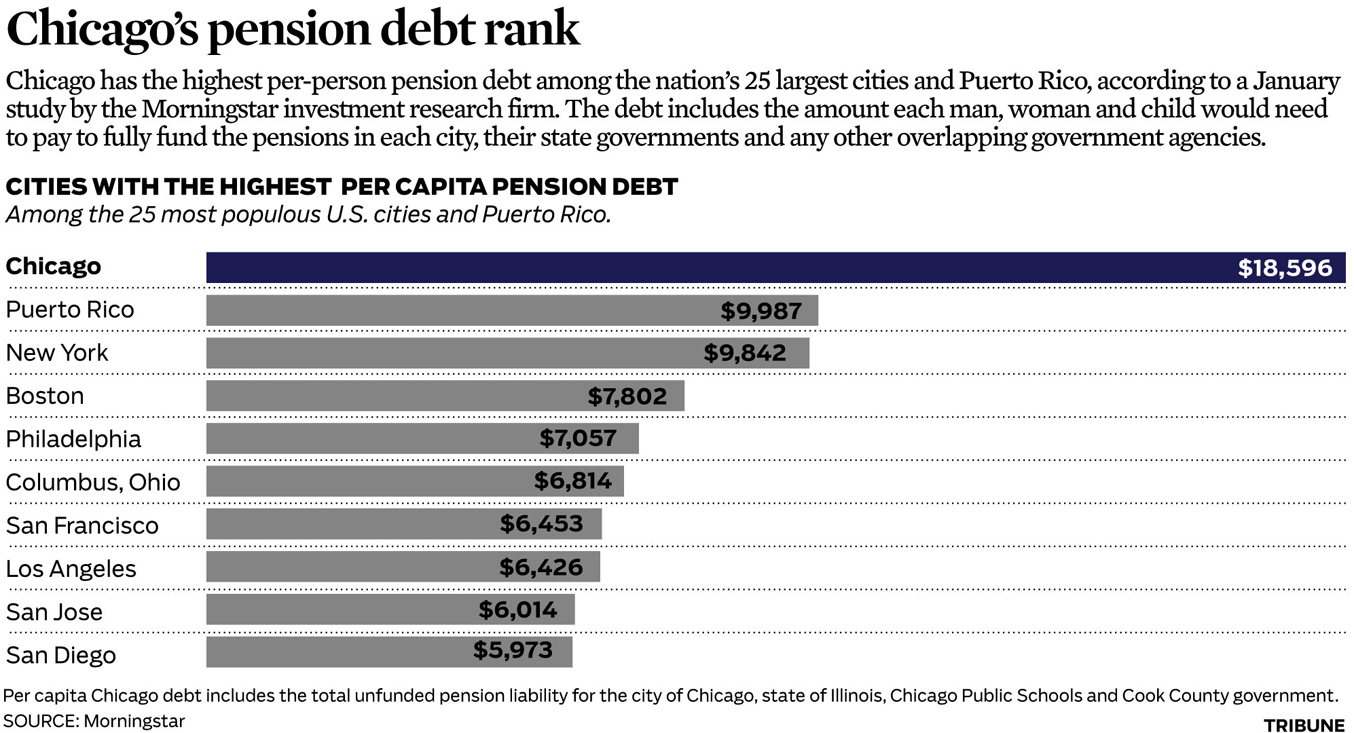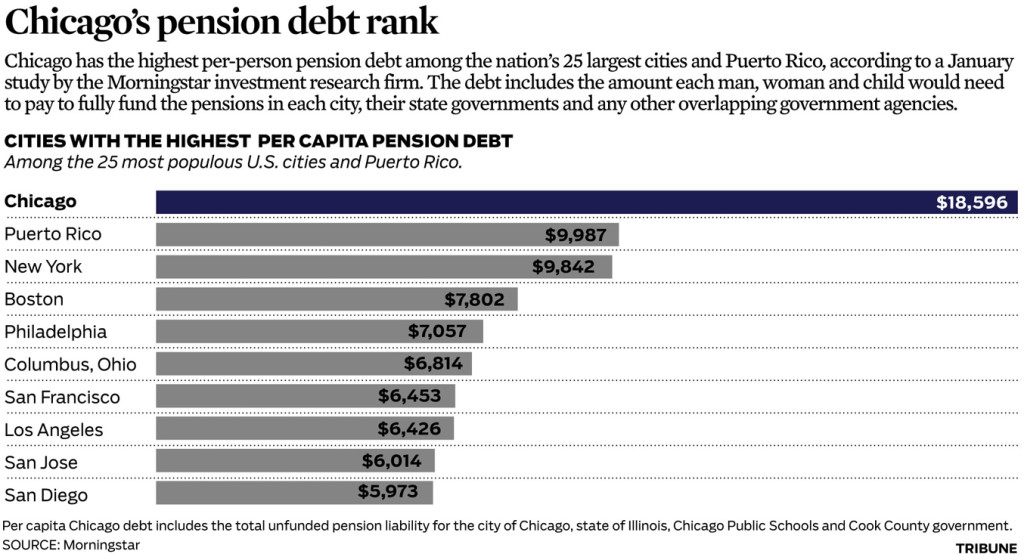For institutional investors, New York is the most desirable real estate market in the United States, according to a survey conducted by the Pension Real Estate Association (PREA).
Other sought-after markets: Chicago, Boston, Los Angeles and San Francisco.
More from IPE Real Estate:
The Investment Intentions Survey, carried out with INREV and ANREV, found that the East Coast city was the most preferred market for 86.3% of institutional investors in 2015.
Among non-US capital, the Big Apple was also preferred, with 95% of non-US investors expecting to invest there this year.
PREA said non-US investors continue to target major US markets, while domestic investors are spreading capital more widely.
”In general, US-based investors are targeting investments on a more widespread basis across the US than are non-US investors, who continue to be most interested in the major, primary markets,” PREA said.
Boston, Chicago, San Francisco and Los Angeles are also high on investors’ wishlists, with two-thirds expected to place capital in the four cities in 2015.
Fund managers have a stronger interest than investors in major West Coast markets such as San Francisco, Los Angeles, Texas and Florida.
For domestic investors, Texas is tied with Boston as the top US destination for domestic capital in 2015, with 71% of US-based investors.
However, amongst non-US investors, there is far less interest in either Texas, Florida or other markets outside the largest and most liquid.
The survey results can be accessed here.
Photo by Dirk Knight via Flickr CC License






